Dhaka, Sept 1 (V7N) – Bangladesh is confronting a worsening plastic pollution crisis that poses severe threats to public health and the environment. Once celebrated for pioneering a polythene ban in 2002, the country now grapples with an explosion of plastic waste overflowing its rivers, clogging drainage systems, and disrupting ecosystems.
Recent findings by the Environment and Social Development Organization (ESDO) reveal that Bangladesh generated approximately 1.7 million tonnes of plastic waste in 2023, compared to just 658,000 tonnes in 2005.
In the capital, Dhaka produces over 700 tonnes of plastic waste every day, marking a 35% rise over the last decade. Nationally, plastic consumption averages 22.25 kg per person in Dhaka—more than three times the urban average.
A recent ESDO study titled “Environmental Impact of Single‑Use Plastic Bottles: Pollution and Health Risks” estimates that between 3.15 and 3.84 billion single-use plastic bottles are consumed annually. Only 21.4% are recycled, while the rest end up polluting land, rivers, and oceans.
The scale of mismanagement is staggering: around 70% of plastic waste goes unmanaged, flowing into waterways, landfills, or accumulating in open spaces. The rivers are bearing the brunt of this crisis. The Padma, Meghna, and Jamuna collectively carry an estimated 73,000 tonnes of plastic into the Bay of Bengal every day. Additionally, a study reports that 18 transboundary rivers deliver 15,345 tonnes of single-use plastic daily, severely impacting marine biodiversity.
Urban centers like Dhaka face increasing flood risk due to drains blocked by plastic waste. Coastal ecosystems, including the Sundarbans and marine habitats in the Bay of Bengal, are being smothered, with plastic litter accounting for more than 70% of beach debris.
While the recycling rate of around 37% is relatively higher than the global average, the system remains largely informal and under-equipped to manage the massive volume and diversity of plastic waste. Structural gaps persist between supply and demand in the recycling sector.
In response, the government has developed a National Action Plan for Sustainable Plastic Management, with ambitious targets to recycle 50% of plastics by 2025, phase out 90% of certain single-use plastics by 2026, and reduce overall plastic waste by 30% by 2030.
Recently, the government issued a ban on 17 types of single-use plastics—including cutlery, containers, and bottles—at the Bangladesh Secretariat, to take effect from October 2, 2025.
NGOs are stepping in to bridge gaps and raise awareness. A BRAC study in Cox’s Bazar found that 34.5 tonnes of plastic waste are mismanaged daily in the municipality, calling for better infrastructure.
Campaigns like “Let’s Save the Planet” are mobilizing citizen clean-up efforts and promoting waste segregation.
Experts emphasize that confronting the plastic menace requires comprehensive action: enforcing existing laws, investing in modern recycling infrastructure, promoting cost-effective eco-alternatives (like jute-based products), and cultivating public awareness and civic responsibility
END/AZS/SMA/



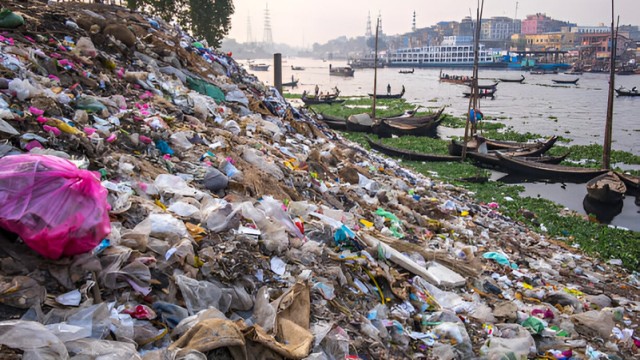

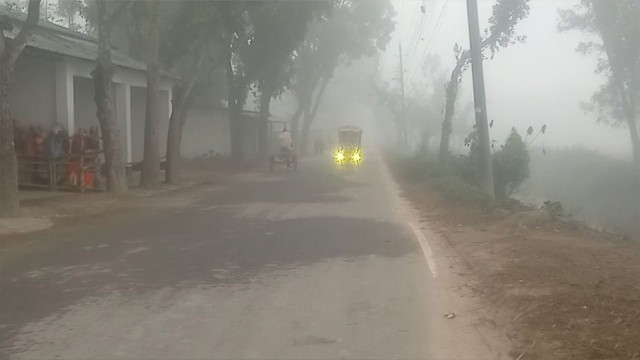

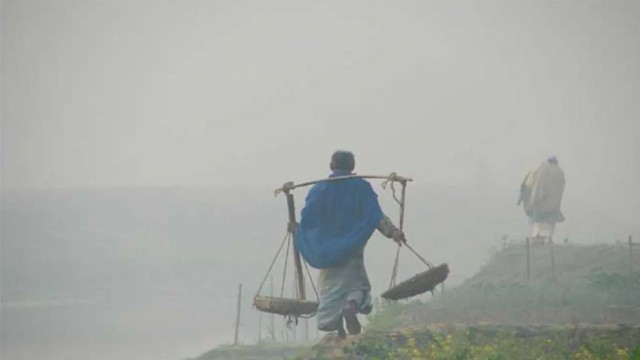
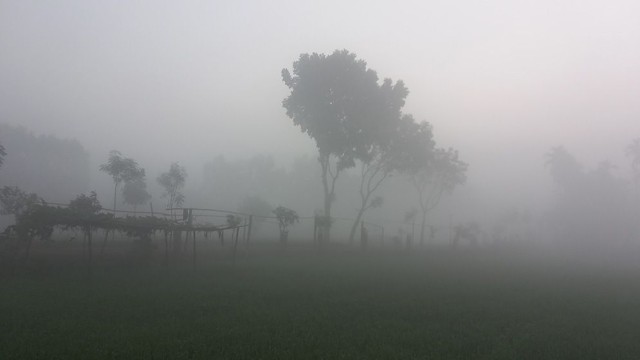
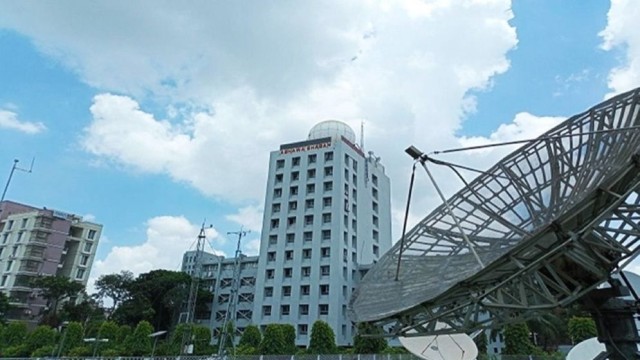
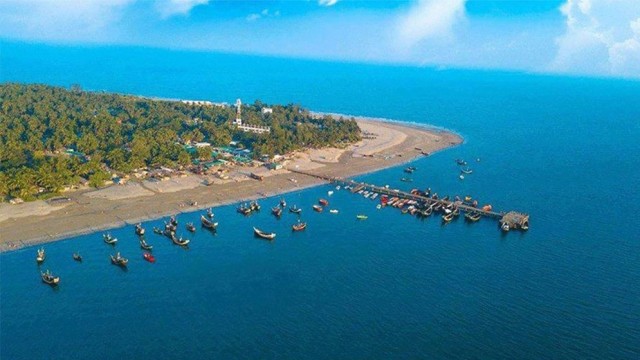
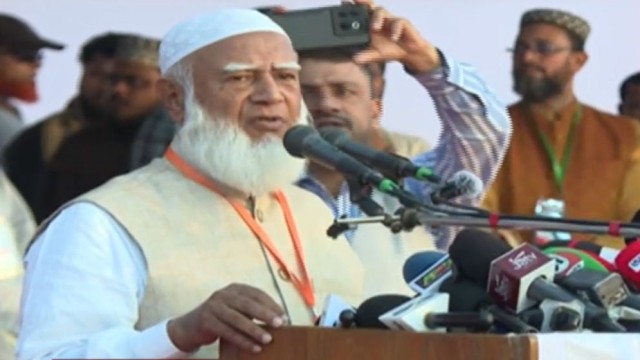
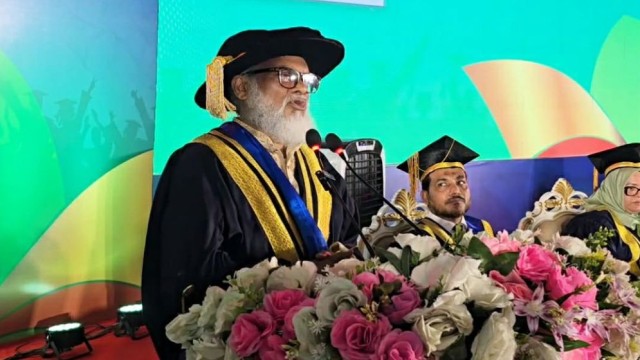
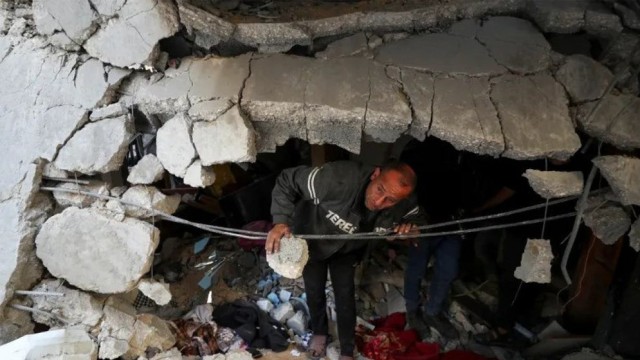
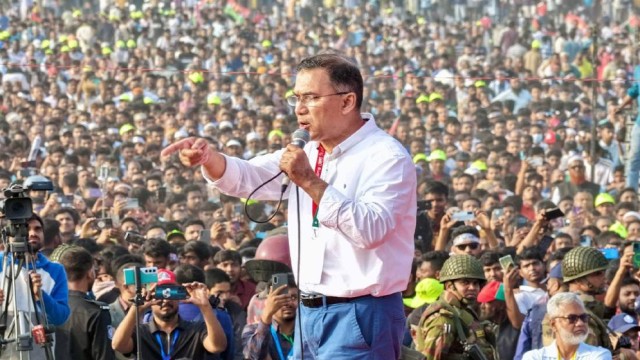
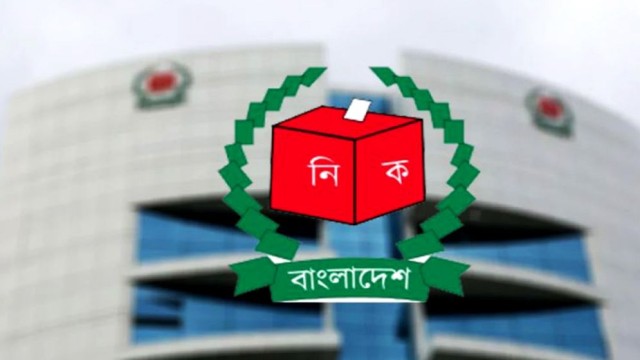
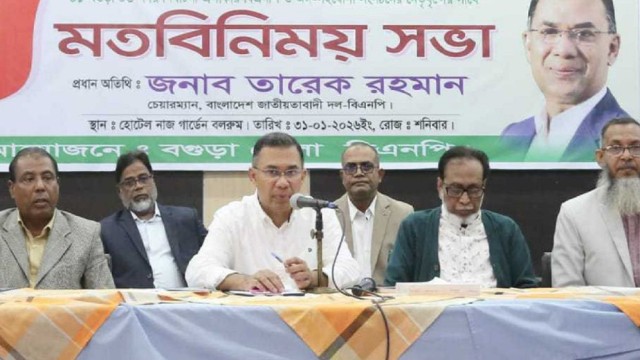
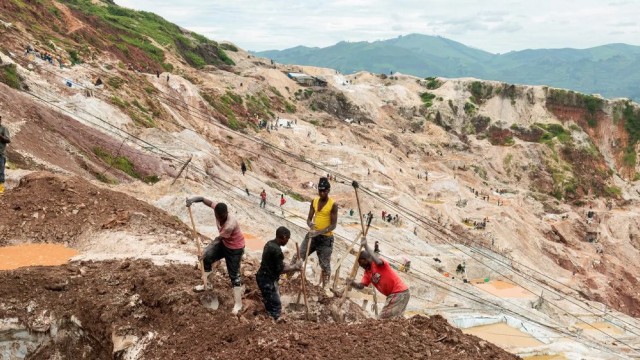
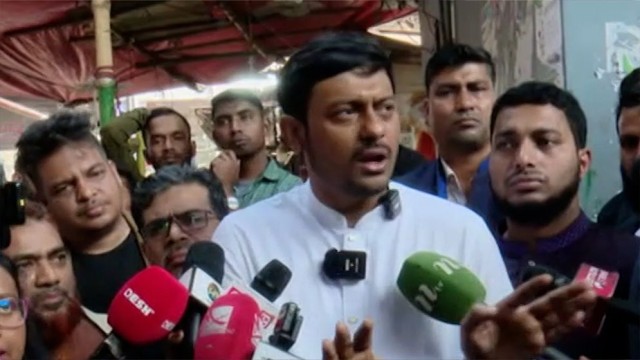
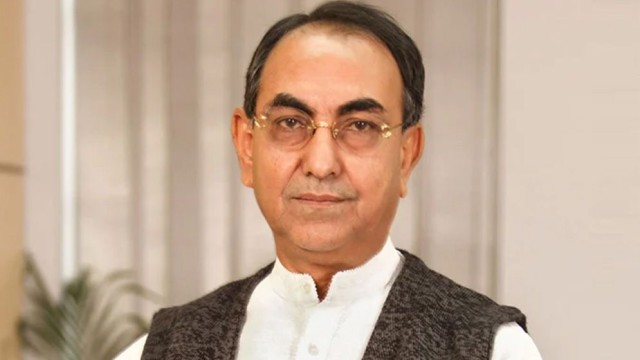


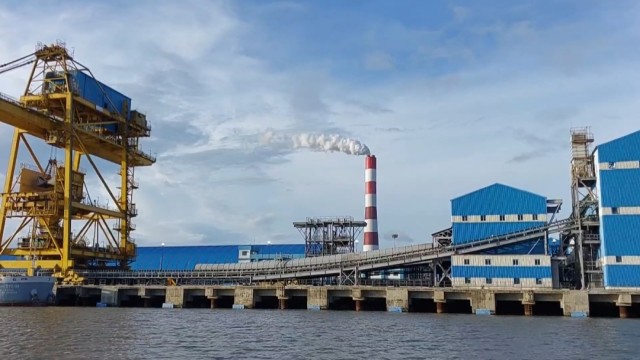


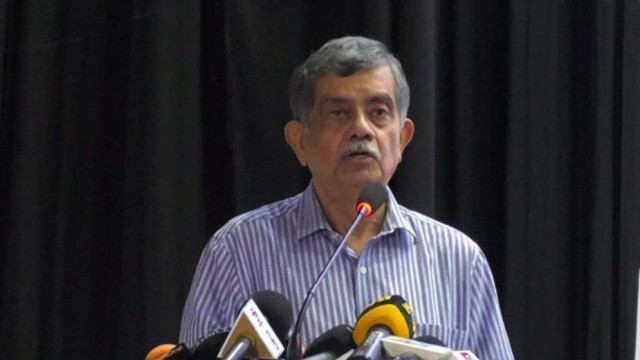

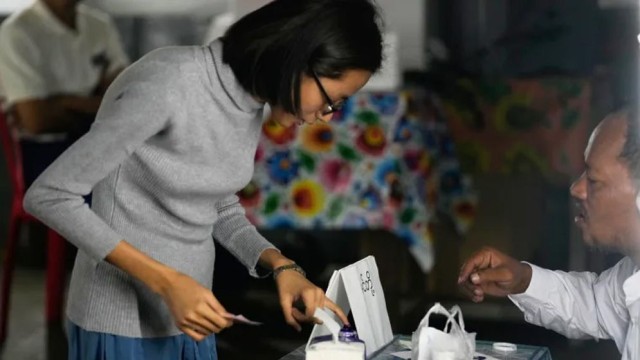
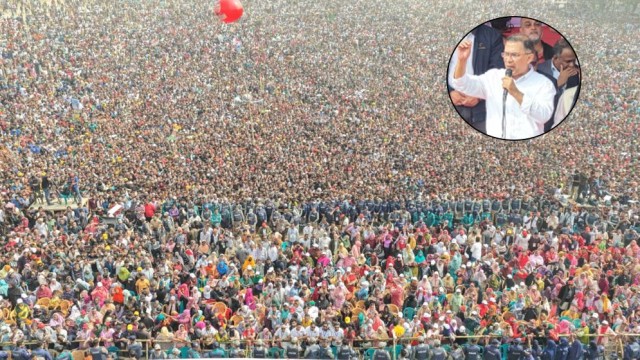
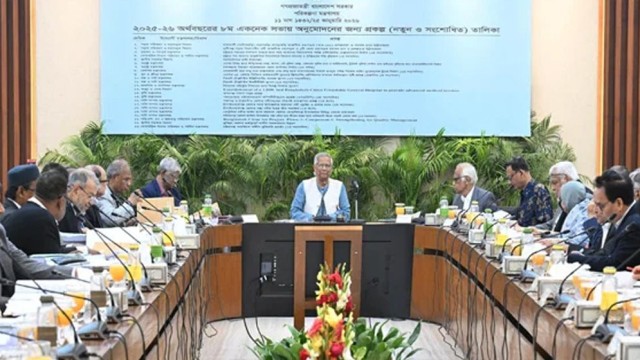
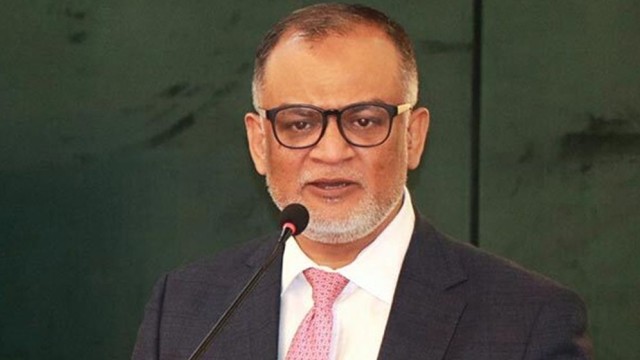
Comment: